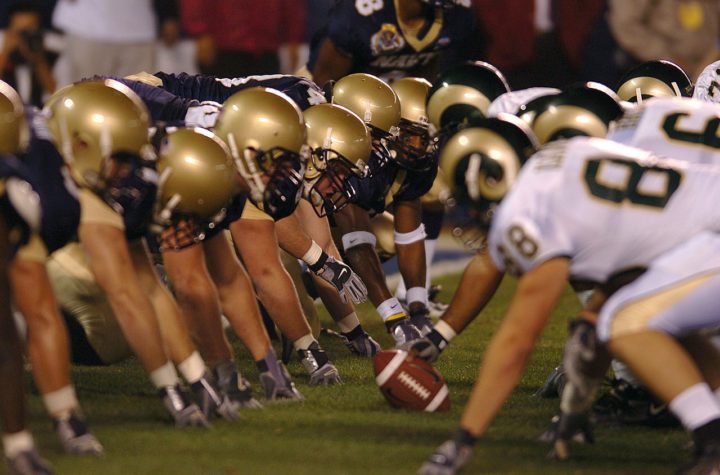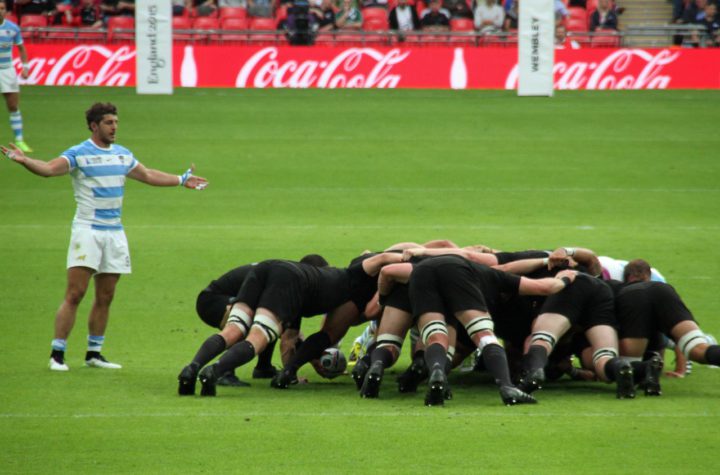
Fans of basketball know that the sport isn’t the same everywhere. Furthermore, it’s not the same in different leagues! For example, games between the NBA and the NCAA teams have different sets of rules.
However, I’m not here to discuss those (yet). Today, I want to direct your attention to the differences between American and European basketball. I may turn this into a two-parter. To keep things simple, I will compare FIBA for the European competitions and the NBA and WNBA for the American ones. You can decide which one you prefer yourself. Here we go!
Time

While halftime is the same across the board, being 15 minutes, the game itself has different lengths for different leagues.
NBA games run in four 12-minute quarters. FIBA also has quarters, though they last 10 minutes each. The WNBA has two 20-minute halves.
While we are on the subject of time, overtime is also the same for all competitions: 5 minutes. However, there are a few differences in terms of attacking time. Both FIBA and NBA allow 24 seconds, though FIBA also has a rule that allows 14 seconds for offensive rebounds. The WNBA allows its players 30 seconds to attack.
Size
When it comes to the size of the basketball court, FIBA’s playground is slightly smaller than that in the other leagues. The Americans, regardless of the league, play on the court that’s 94 feet x 50 feet. FIBA competitions and matches are played on a 91′ 10″ x 49′ 2.5″ court.
That’s not the only difference in size. FIBA basketball is slightly bigger for men. It has a circumference of 30.7″, as opposed to 29.5″ in the NBA. Interestingly enough, women in Europe and the USA play with the same-sized ball: 29″.
3 Points
One of the most important aspects of any basketball game is also the one that decides many a game. It is also the one that scouts keep an eye out for when recruiting new players. I am talking about the 3-point shot. Here, the NBA is a bit more impressive than the others. The 3-point line distance is 23′ x 9″. FIBA and the WNBA have 20′ x 6.1″, which gives them, theoretically, more chances of scoring 3 points.
Ball Going Down

When are you allowed to swat the ball out of its trajectory towards your hoop? This is also one of the points on which FIBA and the NBA disagree. FIBA rules state that players are not allowed to interfere with the ball while it is on its downward trajectory. So, as long the ball is going up, you are allowed to go for the grab. If the shot misses and bounces off the rim, it is fair game for both the offensive and defensive players.
The NBA relies on the concept of an imaginary cylinder. Players are asked to imagine a cylinder above the hoop. Naturally, the cylinder and the hoop share the same circumference. As soon as the ball enters the cylinder, no one is allowed to touch it.




More Stories
What Is Rugby Like In Europe?
Differences Between Champions League and Europa League
5 Most Popular Team Sports